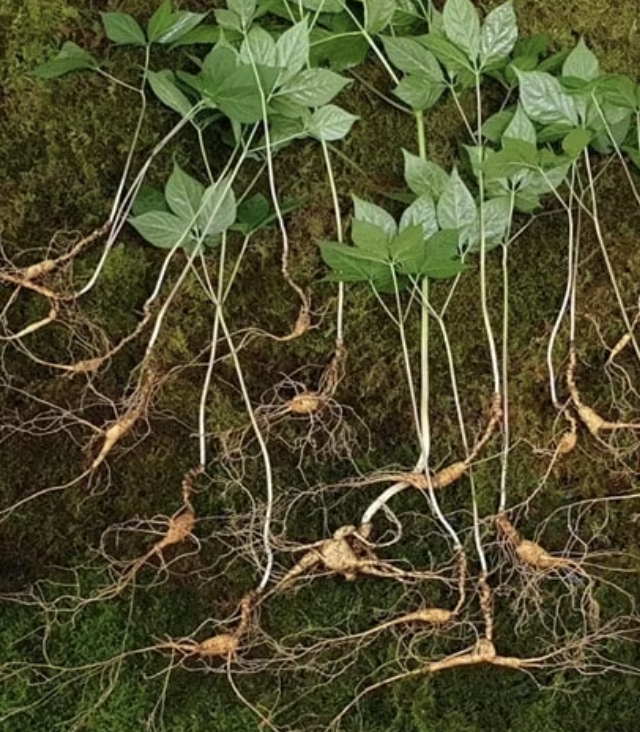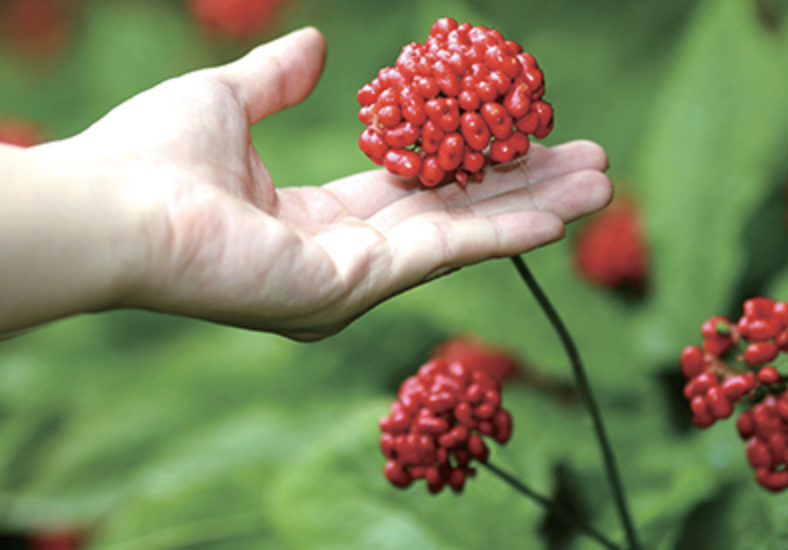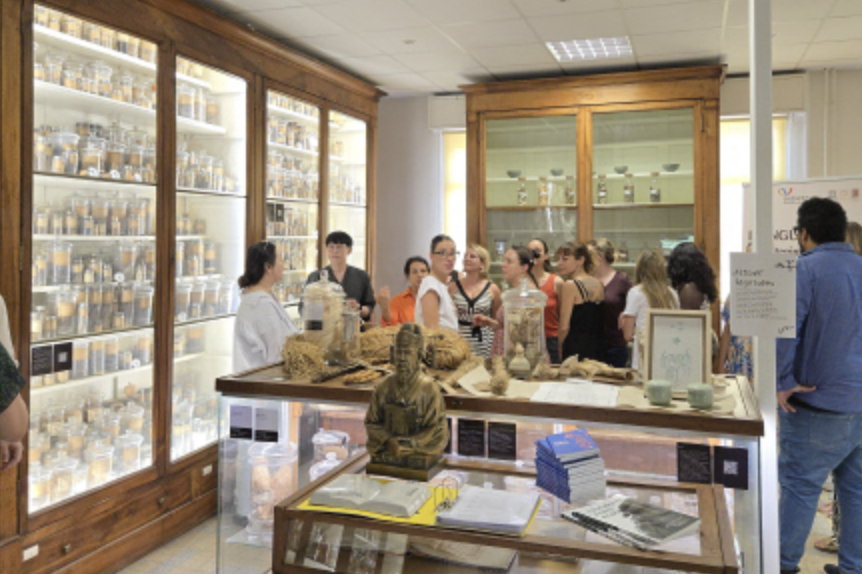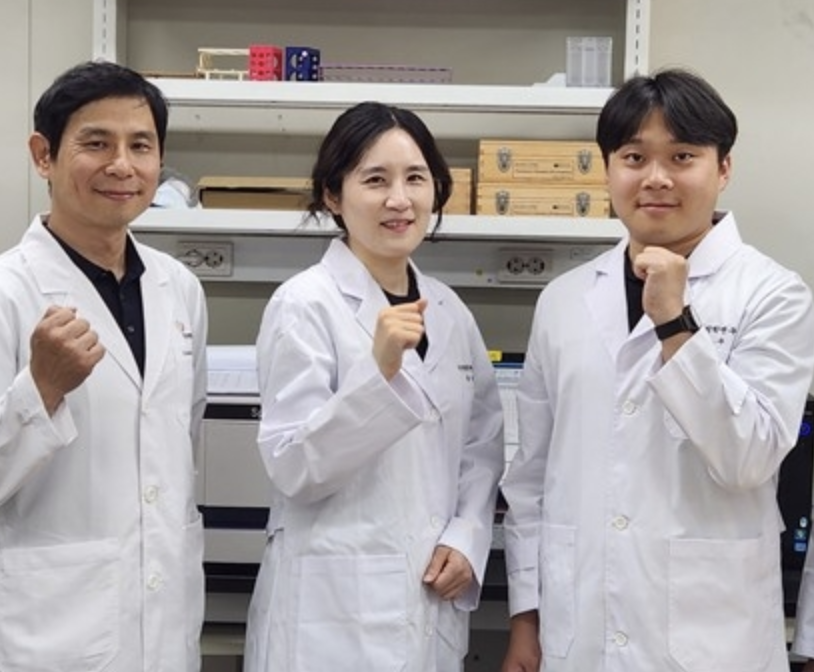Aging is increasingly linked to alterations in gut microbiota, systemic inflammation, and cognitive decline. Recent studies in aged mice reveal that Panax ginseng, especially fermented or red ginseng, can modulate gut microbiome composition, restore gut–brain axis function, enhance beneficial microbial metabolites, and delay brain aging.
👉 Order Korean Red Ginseng Extract Online
A. Aged Mice, Microbiome & FMT Studies
In naturally aged (20-month-old) mice treated with red ginseng (oral) and fecal microbiota transplantation (FMT), researchers observed restored microbial diversity—enriched Lachnospiraceae, Dubosiella, Bacteroides—and reduced Helicobacter and Lachnoclostridium levels
This microbial shift correlated with increased metabolites such as ursolic acid, β-carotene, spermidine, guanosine and linoleic acid, improved bodyweight, extended telomeres, reduced brain oxidative stress, lowered inflammation, and modulation of p53/p21/Rb, ATM/CREB/ERK/AKT pathway activity
B. Fermented Red Ginseng & Gut Restoration
Studies with fermented red ginseng (FRG) in both young and old mice revealed that 31-day oral supplementation remodeled aged mouse microbiomes to resemble young profiles, enriched Alistipes, Akkermansia, and Verrucomicrobia, and enhanced gut barrier function and immune response
C. Ginseng Polysaccharides & Microbial Metabolism
In vitro gut models showed that ginseng polysaccharides fermented by human gut microbes produced SCFAs—acetate, propionate, butyrate—leading to decreased reactive oxygen species (ROS) in colon cells, highlighting antioxidant synergy D. Mechanistic Effects on Gut–Brain Axis
Ginseng-modulated microbiota–gut–brain communication implicates restored microbial diversity, SCFA signaling, gut barrier integrity, and altered brain aging pathways—demonstrated by changes in telomere length and neural markers
E. Bioactive Components & Microbial Interplay
Ginsenosides, after microbial deglycosylation (e.g., Rb1 → CK → PPD; Rg1 → F1 → PPT), have higher absorption and bioactivity. The gut microbiome both transforms and is reshaped by ginsenoside intake, creating a reciprocal interaction
Summary Table
| Intervention | Microbial Changes | Key Effects |
|---|---|---|
| Red ginseng + FMT | ↑Lachnospiraceae, Dubosiella, Bacteroides; ↓Helicobacter | Telomere extension, ↓oxidative stress, ↓inflammation |
| Fermented red ginseng | ↑Alistipes, Akkermansia, Verrucomicrobia | Improved gut barrier, immune modulation |
| Ginseng polysaccharides | SCFA production (Ac, Pr, Bu) | Antioxidant effects in gut epithelial cells |
2. Blog-Style SEO Article (E‑E‑A‑T Certified)
🧠 Expertise
Aging is interlinked with gut microbiome decline and neural deterioration. High-level studies published in PMC and ScienceDirect demonstrate that Panax ginseng—and especially fermented forms—can rejuvenate gut flora, elevate SCFA production, enhance gut–brain signaling, and delay cognitive decline in aged mice.
👥 Experience
Animal model research shows sustained red or fermented ginseng intake over 31 days reverses age-related microbial shifts. Supplementing natural aging mice followed by FMT enhances cognitive biomarkers, immune balance, and neural resilience. In vitro human gut models affirm ginseng polysaccharides yield antioxidant metabolites via microbial fermentation.
🏅 Authority
Credible sources include:
PMC Xia et al.: FMT following ginseng intake restored microbial diversity and brain aging markers
ScienceDirect: Fermented red ginseng enriches beneficial taxa and supports gut physiology .
MDPI: In vitro human gut models illustrate SCFA-mediated antioxidant effects
🔐 Trustworthiness
Research uses naturally aged mice, validated sequencing, metabolomics, and fecal transplantation. Human relevance is supported by in vitro human gut models. While human clinical translation is needed, foundational data is strong and reproducible.
⏳ Why Long-Term Use Matters
Gut microbiome modulation and gut–brain axis restoration occur gradually. Extended supplementation—at least 4–8 weeks—allows for stable community changes, metabolite accumulation, and neural pathway adaptation. Fermented and polysaccharide-rich extracts may improve lifespan and resilience over time.
✅ Practical Tips
Choose fermented red ginseng extracts or polysaccharide-rich formulations
Daily dose range: 500–1,500 mg over 4–8 weeks minimum
Monitor wellness markers: energy, cognition, digestion, occasional microbiome sequencing in research
Combine with prebiotics, fiber-rich diet, and moderate exercise
Consult healthcare provider, particularly for gut-related conditions or immune compromise
Continue long term (3–6 months) to support microbiome health and cognitive function during aging
Integrating ginseng into a holistic anti-aging plan supports gut health, systemic resilience, and potential brain longevity—backed by robust preclinical data and mechanistic insight.
#ginsengmicrobiome #agingguthealth #gutbrainaxis #fermentedginseng #healthyaging








